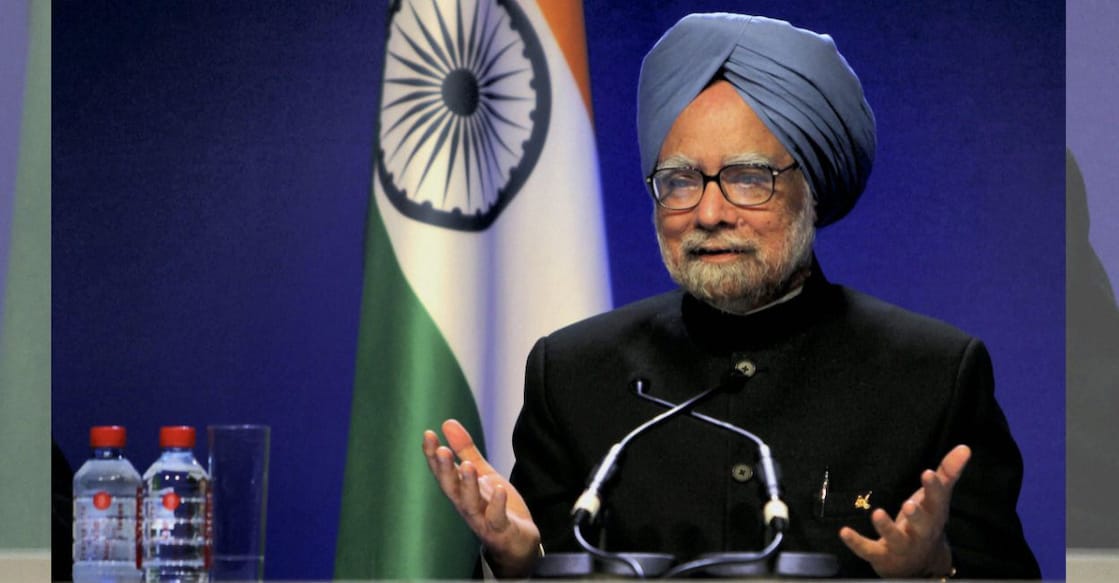Manmohan Singh, former PM and architect of economic liberalisation, passes away

Mail This Article
New Delhi: Manmohan Singh, the former Indian Prime Minister and the man behind the economic liberalisation that changed the economic graph of the country, passed away on Thursday. He was 92. He breathed his last at AIIMS Delhi.
"He was being treated for age-related medical conditions and had a sudden loss of consciousness at home on 26th December. Resuscitative measures were started immediately at home. He was brought to the Medical Emergency at AIIMS, New Delhi, at 8.06 pm. Despite all efforts, he could not be revived and was declared dead at 9.51 pm," said AIIMS in a press release.
The veteran Congress leader and a leading economist who was well respected worldwide was India's prime minister for two consecutive terms.
A soft-spoken figure in Indian politics, he served as Governor of the Reserve Bank (1982-85), India Director of the International Monetary Fund (1985), Deputy Chairman of the Planning Commission (1985-87), Finance Minister in the Narasimha Rao Cabinet (1991-96), Leader of the Opposition in the Rajya Sabha (1998-2004), and Chairman of the UGC. In 1987, the country honoured him with Padma Vibhushan.
Singh was born on September 26, 1932, in the village of Gah in the Chakwal district of Punjab province, now in Pakistan. He was the son of Gurmukh Singh and Amrit Kaur. His father was a wholesaler of dry fruits. Manmohan's primary education was in Gah Elementary School. The family came to India after independence and started life in Amritsar.

He graduated with a BA and MA in Economics from Panjab University, with first rank. Singh also studied at Cambridge and Oxford Universities.
He was a teacher at Punjab and Delhi Universities. During this period, he served as an economic expert for the United Nations Conference on Trade and Development (UNCTAD) for 3 years. In 1972, he became the Chief Economic Adviser in the Finance Department, and in 1976, he became the Secretary in the Ministry of Finance. He was a member of the Planning Commission during 1980–82. He became the Governor of the Reserve Bank in 1982.
In 1991, when Narasimha Rao became the Prime Minister, Manmohan Singh, the then RBI Governor, was made the Finance Minister. Manmohan's economic reform measures boosted the Indian economy, which was on the verge of collapse.
When Sonia Gandhi stepped away from the post of Prime Minister after the Congress came to power in the 2004 elections, the responsibility went to Manmohan Singh. He was sworn in as the Prime Minister for the first time on 22 May 2004. His second term as Prime Minister began in 2009 and ended on 26 May 2014. Manmohan Singh became the Finance Minister and Prime Minister as a member of the Rajya Sabha from Assam. He was not a member of the Lok Sabha.
Apart from economic policies, his banking sector reforms, farm loan waiver, National Rural Employment Guarantee Scheme, National Rural Health Mission, formation of the Unique Identification Authority of India and Right to Information Act were also notable.
He has received awards, including the Adam Smith Award (University of Cambridge), Lokmanya Tilak Award, Jawaharlal Nehru Birth Centenary Award and Best Parliamentarian Award.

